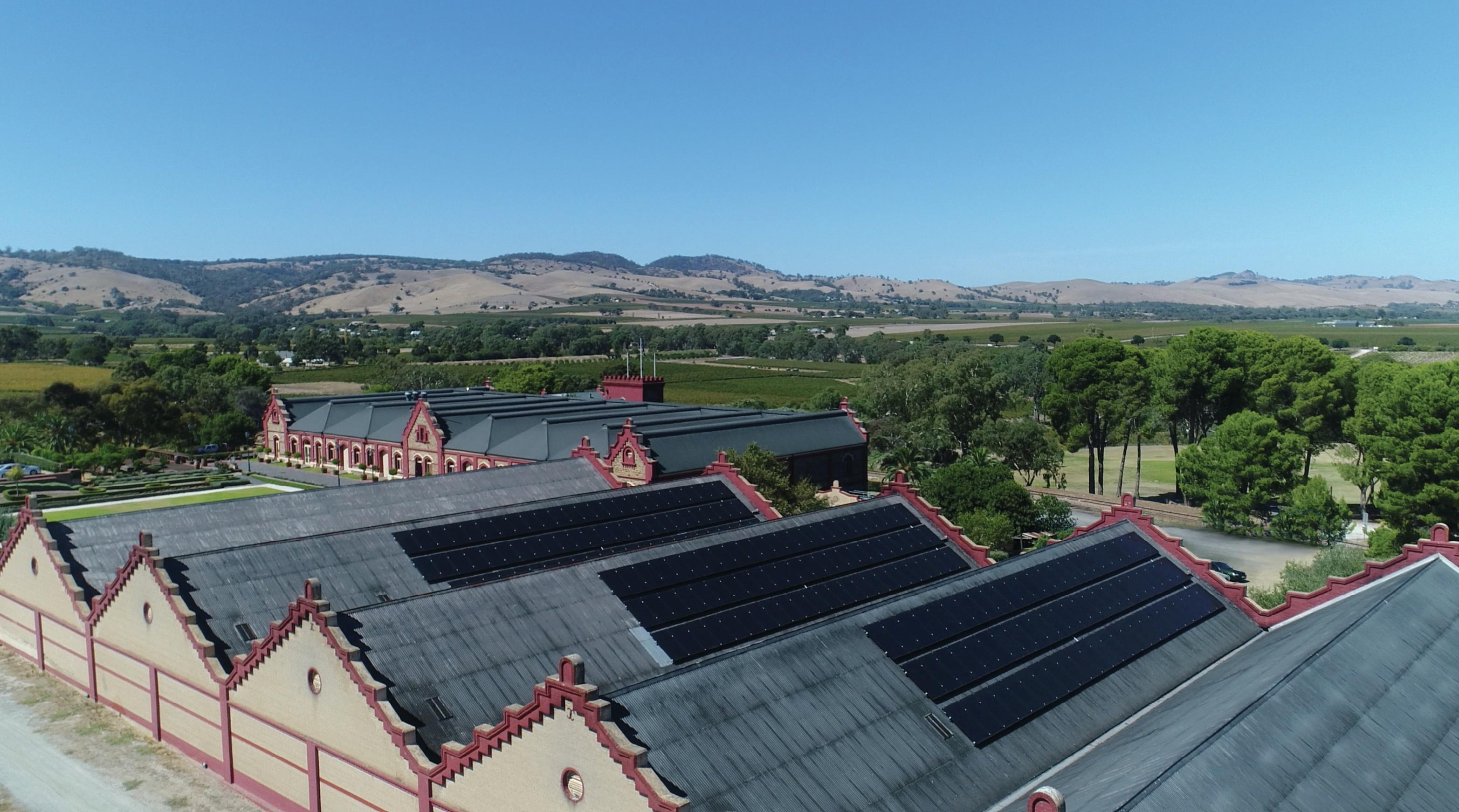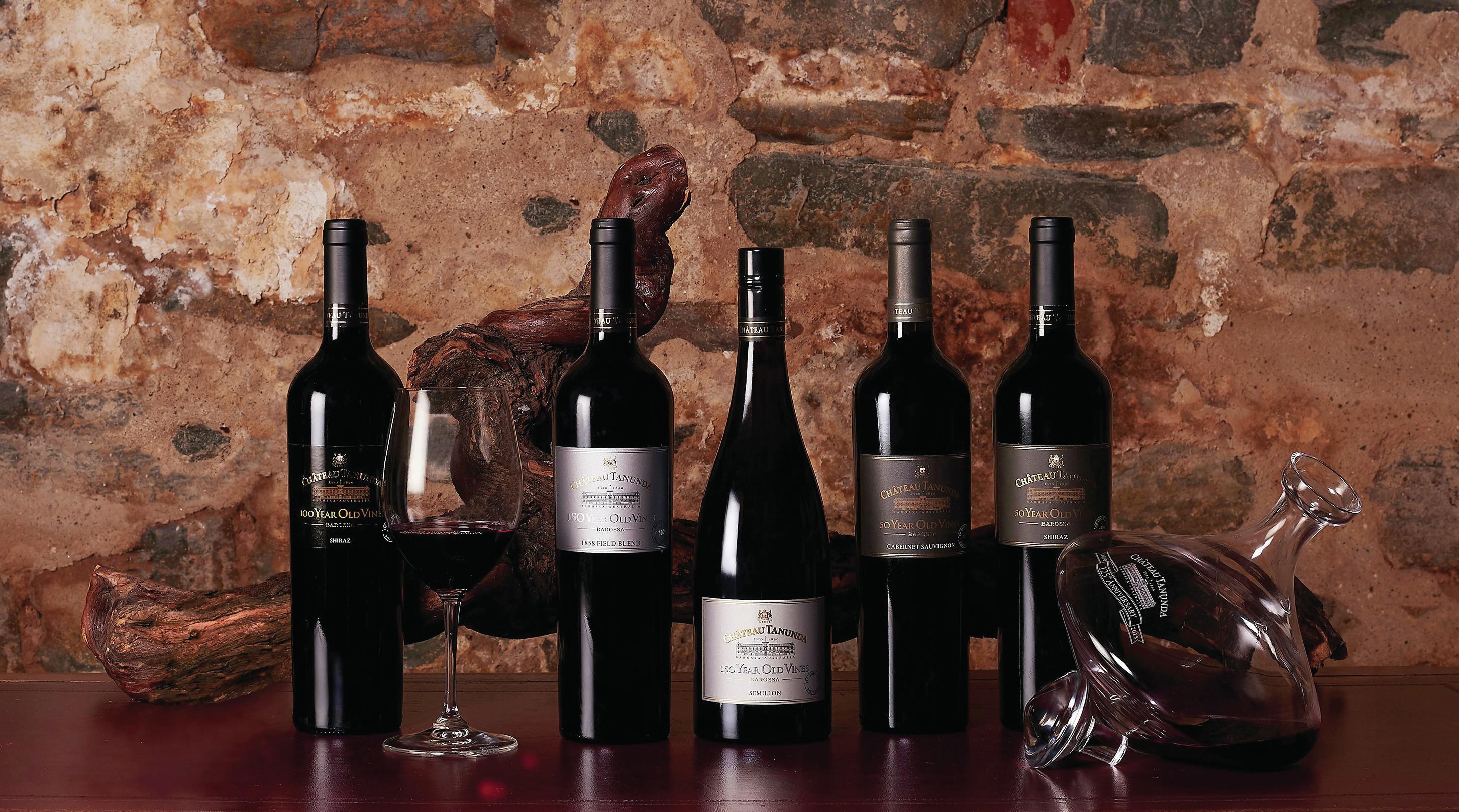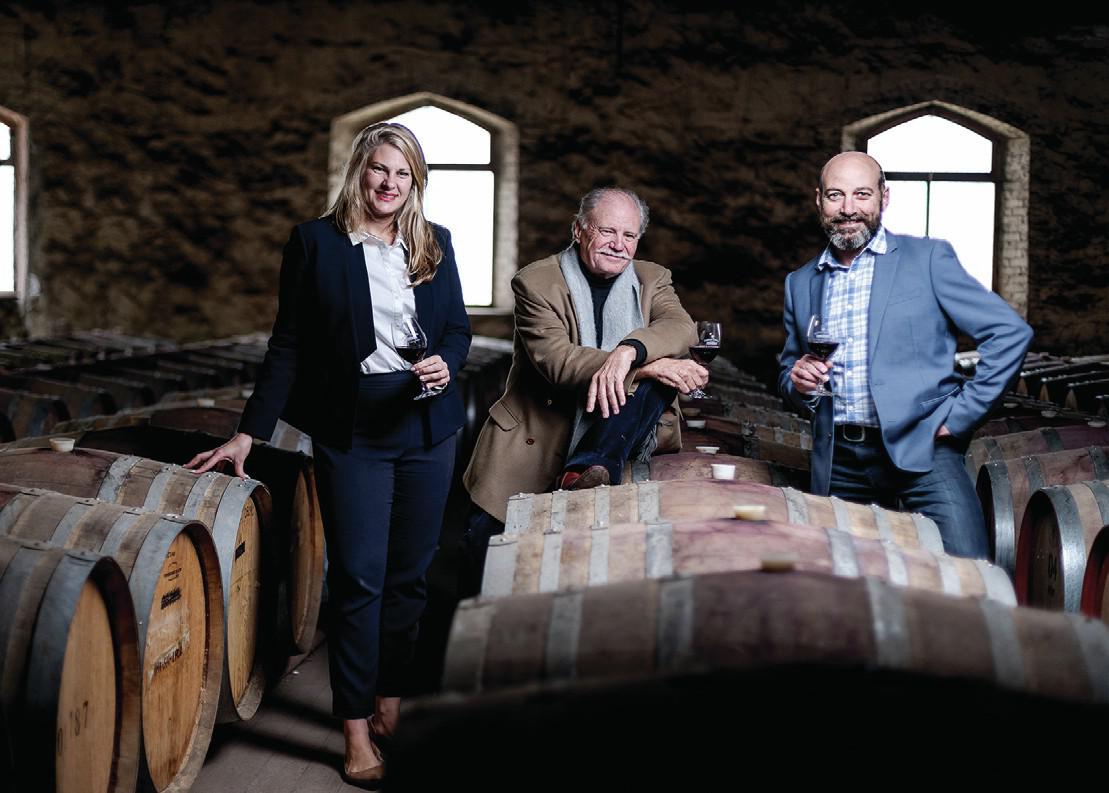Chateau Tanunda MD: ‘we have a responsibility to future generations to be more sustainable’

WITH A history stretching back 130 years, Château Tanunda, in the heart of Australia’s Barossa region, is the definition of sustainability.
No plastic fittings or stud walls can be found around the century-old Château itself, built to allow gravity flow in place of pumps, using locally sourced materials. And beyond its foundations, Château Tanunda continues to go the extra mile when it comes to sustainable practices.
Taking action to reduce its carbon footprint in production, storage and logistics, no alteration is too small to make a difference to the Château’s green impact, from energy-saving equipment and procedures, to packaging and labels.
In February 2018 Château Tanunda committed to a 100% renewable energy target in three years. The journey began with the installation of a 60kw solar system with 110 panels covering up to 40% of the power needs of the estate. In 2021, the target was finally realised with the remainder of the energy supplied by verified renewable energy sources.
As a heritage listed building, the winery was obliged to obtain additional approvals to endure the system would not visually impede on the landmark building. The building itself also needed extra reinforcement to handle the weight of the panels. Despite challenges, Tanunda’s owners remain dedicated to a greener future.
Managing director Michelle Geber, the second-generation family owner of Château Tanunda, was appointed to the position in 2018. This was one of the first major projects she was able to introduce.
“I believe it’s important for any company to consider how they can be more sustainable, as a responsibility to the future generations,” says Geber.
“We are proud of our legacy. Château Tanunda was always a progressive winery. Founded on vision, passion and a spirit of dreaming that the best could be possible. “We carry this vision forward and believe in continuing our 130-yearhistory a further 130 years into the future,” she says.

To realise that dream, Geber adds: “We have to respect and value our land, and consider how we can have longevity.”
Partner Content
The Château recycles 100% of its water, which is treated in a series of cascading reed beds, and used to irrigate the vineyards and grounds around the Château.
According to chief winemaker Neville Rowe, initiatives taken to improve soil health are evident in the wine itself.
“Reduced input viticulture gives the greatest innate ability for a vine to withstand weather conditions in its environment. Balanced healthy vines give the best quality and fruit condition.’’
This is particularly evident in Chateau Tanunda’s Old Vines Expressions wines, the collectable series demonstrate the unique quality of vines that are aged 50, 100 and over 150 Years old. Part of Chateau Tanunda’s philosophy is to ensure rare gems like this are able to be explored and venerated.
‘I believe it’s important for any company to consider how they can be more sustainable, as a responsibility to the future generations’
NEW TECHNIQUES
Rowe is committed to developing new dryland farming techniques that require much less supplemental water, in a bid to maximise efficiency.
Grape waste is recycled into high-carbon compost, incorporated into the vineyards at every opportunity to improve vine health, and Rowe is exploring farming techniques that encourage soil microbial populations to improve the nutrients available to the vines.
Château Tanunda also looks beyond its vineyards in engaging with green issues, developing its Gulfstream brand to raise funds for Reef Restoration Foundation and the Bahamas Reef Environment Educational Trust.
“Gulfstream was born out of a deep respect for the importance of our oceans and the marine life diversity that is found within coral reefs,” says Geber. “With the Great Barrier Reef in Australia, we were directly affected by the coral bleaching events since 1998. We had further experiences getting to know and learning about the reefs in the Bahamas on our travels, and became passionate about contributing to the reef protection.”

This year the brand is launching in the Netherlands, with further expansion planned for the future.
Geber says: “As more wineries make sustainability important, it enables the conversation to become ‘How can we be more sustainable; what can we do?’ rather than ‘Should we do something?’ The conversation is changing for the positive.”
Related news
Mar de Frades champions Atlantic terroir in its Albariño




